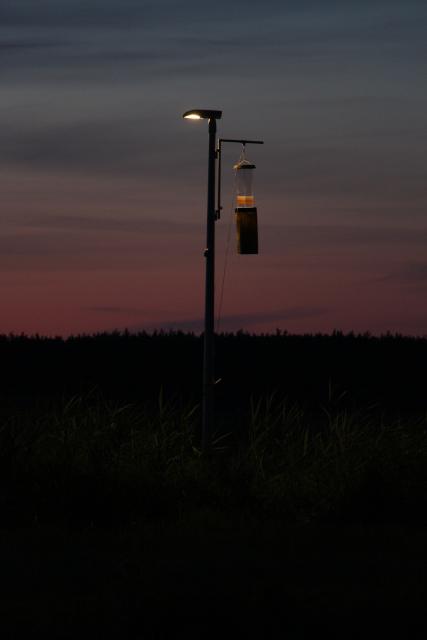Search
Items tagged with: invasivespecies
A significant new study, using massive biodiversity datasets, shows that invasions by non-native plants set the stage for later invasions by non-native insects.
"nonnative plant introductions are a major driver of insect invasions, and that insect invasions lag behind plant invasions. In the near future, new insect invasions are estimated to increase by 35% worldwide based on recent nonnative plant introductions."
Never done a proper #introduction since opening my #Mastodon account in early October so here we go
I'm an ecologist based in Berlin and I currently work on #lightpollution & its effects on #insects. I have also worked on a range of other topics in #ecology like #foodwebs & #invasivespecies
I'm also an editorial board member at the journal Oikos & a working group speaker for science communication at the Leibniz Postdoc Network
Looking forward to expand my #Mastodon community in 2023
The word “invasivore” is a portmanteau combining “invasive Species” with the Latin root “devorare” meaning to swallow (as in "herbivore" or “carnivore”). Thus, #invasivore = one who eats invasive species, those organisms that have been introduced around the world and cause massive environmental and economic damages.
Our website invasivore.org/ serves a buffet of knowledge about #invasivespecies. At the core of our approach are #recipes featuring invasive ingredients, but we also provide species profiles describing notorious invaders, harvesting tips, exposition and commentary on related topics, summaries of relevant #science and #research, and roundups (#InvasionBites!) of the latest #news and other media about invasive species.
We believe that #education and #awareness can decrease the impacts of invasions by controlling existing populations and preventing new introductions.
invasivore.org | consuming invasive species and invasion science
The word “invasivore” comes from combining “Invasive Species” with the latin for “devour” as in “carnivore”. Thus invasivore = one who eats invasive species and invasion science.invasivore.org

